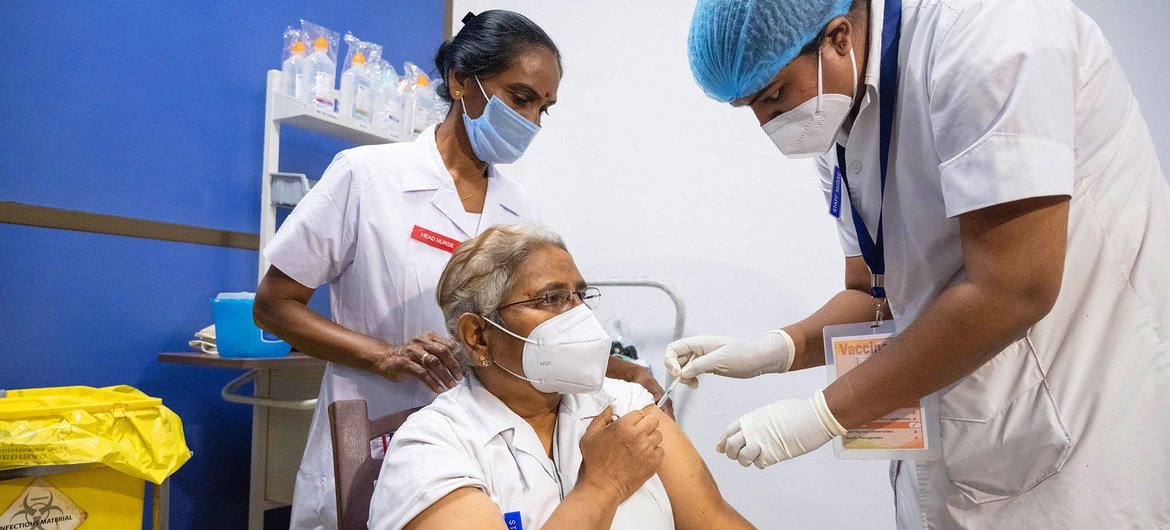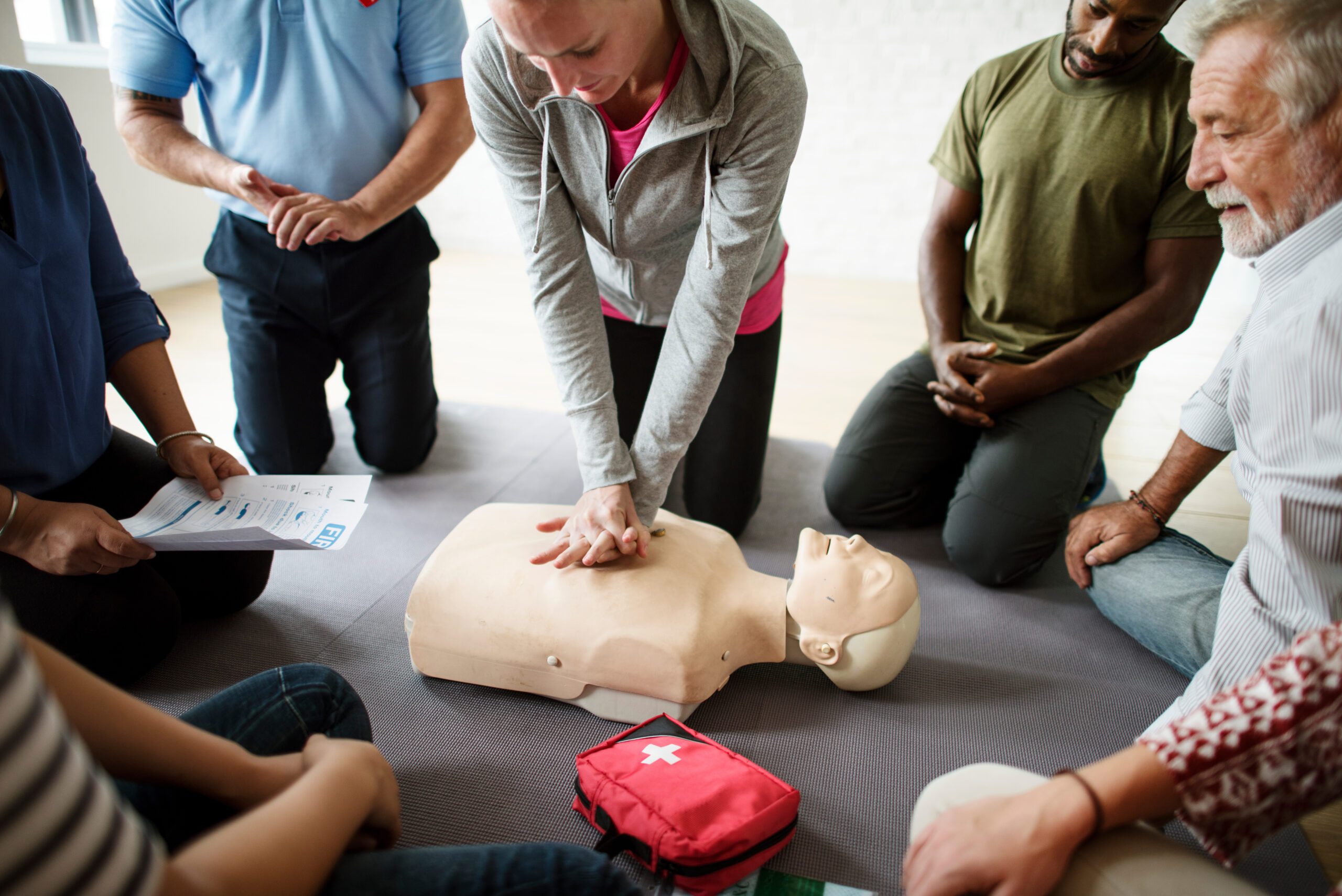Vaccines play a key role in keeping us healthy. Internists are at the forefront, ensuring that vaccines reach those who need them most. They guide us through the world of vaccination with expertise and care. Internists offer much more than routine care. They also address concerns like std testing asheboro. Their work in vaccination helps prevent disease. Through this, they strengthen our communities.
Understanding the Role of Internists
Internists are medical doctors specializing in internal medicine. They focus on adult healthcare and are trained to diagnose and treat a wide range of conditions. Internists often become primary care providers, managing complex health issues. Their expertise in vaccination comes from a deep understanding of disease prevention and patient care.

How Internists Contribute to Vaccination Efforts
Internists play several key roles in vaccination:
- Educating patients about vaccine benefits and safety.
- Administering vaccines as part of regular healthcare.
- Monitoring vaccine schedules and keeping records up-to-date.
Their involvement ensures vaccines are administered correctly. This reduces the risk of errors and increases overall vaccine effectiveness.
The Importance of Vaccination
Vaccines protect against diseases like measles, mumps, and influenza. They help prevent outbreaks and protect those who can’t be vaccinated due to medical reasons.
Internists and Public Health
Internists contribute to public health by ensuring high vaccination rates. They work with local health departments and participate in public health campaigns. By doing so, they help control the spread of infectious diseases. Their efforts support healthier communities and reduce healthcare costs.
Comparing Vaccination Rates
Let’s take a look at vaccination rates in different age groups. This comparison highlights the role of internists in improving these rates.
| Age Group | Vaccination Rate (%) | Role of Internists |
|---|---|---|
| Children (0-18 years) | 90 | Coordinate with pediatricians to ensure timely vaccinations |
| Adults (19-64 years) | 75 | Educate on the importance of adult vaccinations like flu and shingles |
| Seniors (65+ years) | 85 | Focus on vaccines for age-related conditions like pneumonia |
Challenges Faced by Internists
While internists have a significant impact, they also face challenges. These include vaccine hesitancy and misinformation. They must address patient concerns and counter myths. This requires patience and effective communication skills.
Future Directions
Internists continue to adapt as new vaccines are developed. Staying updated with the latest research is crucial. They collaborate with other healthcare providers to improve vaccination strategies. This ongoing effort is vital for better health outcomes.
Conclusion
Internists play a crucial role in the world of vaccination. Their expertise and dedication help keep communities healthy. By focusing on prevention, they improve the quality of life and reduce disease spread.





